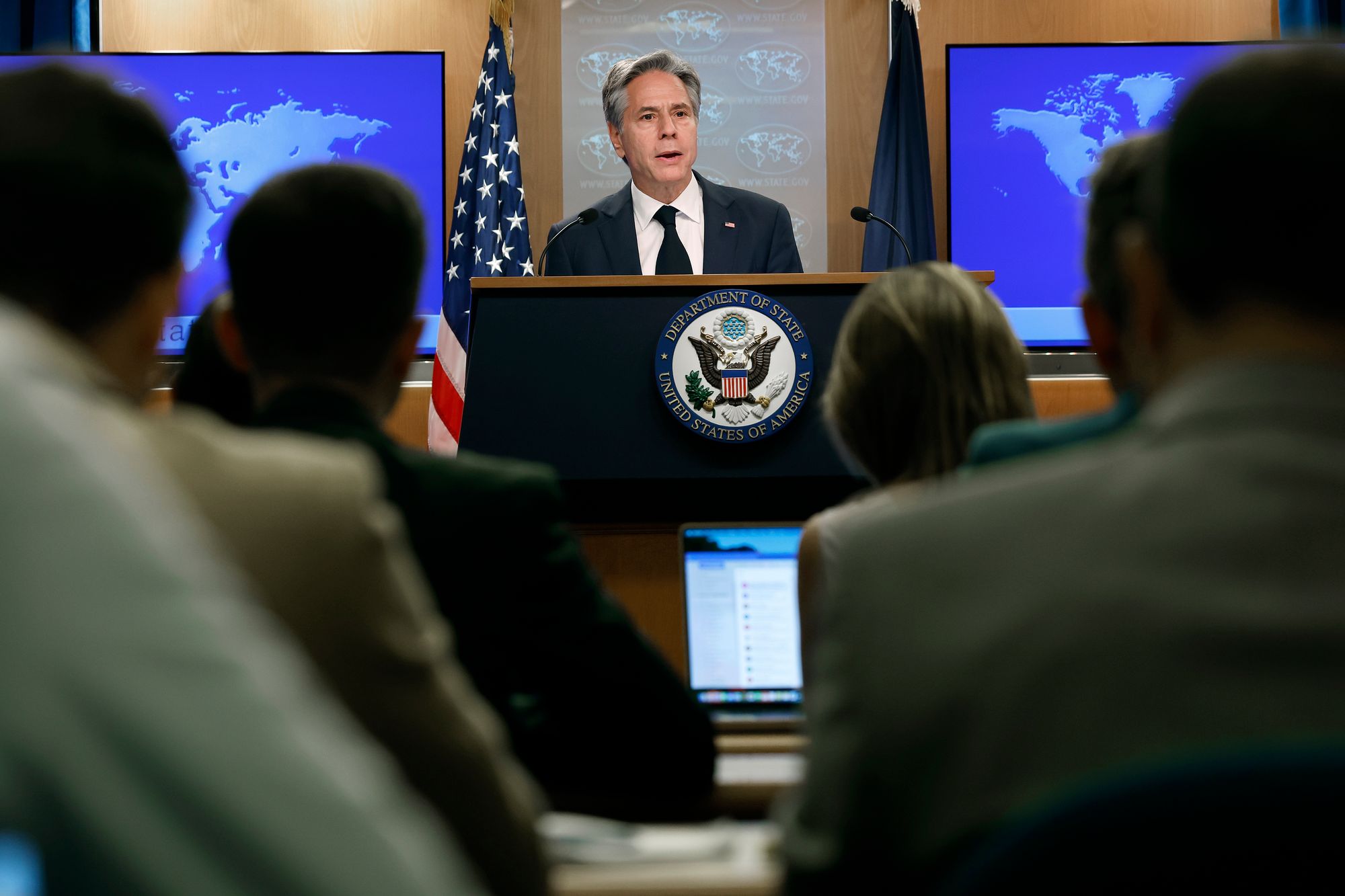Polish PM: Poland will 'not open border' to Ukrainian grain if EU ban not extended

Poland will not open its borders to Ukrainian grain imports if the EU ban is not extended beyond Sep. 15, Polish Prime Minister Mateusz Morawiecki said on July 19, as cited by the Polish Press Agency (PAP).
"Either appropriate mechanisms and appropriate regulations will be developed after Sep. 15 to prevent the destabilization of Polish markets and the import of agricultural products that are currently banned, or the Polish government...will implement (the ban) unilaterally, or with our friends from other countries," Morawiecki said.
The ministers of Poland, Slovakia, Hungary, Romania, and Bulgaria signed a joint declaration in Warsaw on July 19, with the intention to ask the European Commission for a ban extension on domestic sales of Ukrainian wheat, maize, rapeseed, and sunflower seeds at least until the end of 2023, Reuters reported.
The news agency added that the measure should include the option to add individual products to the ban list. Morawiecki said that if there is an excessive import of Ukrainian products other than the four named commodities, it will also be blocked.
The five countries are however open to continuing the transit of Ukrainian produce.
"Poles earn money on transit, it does not threaten to destabilize the internal market, which is why we facilitate this export and enable transit," PAP cited the Polish prime minister.
Morawiecki stressed that this is not a move against Ukrainians but for the protection of domestic farmers.
"Everything that is bad for Polish agriculture must be either blocked, changed, or compensated. This is the position of the government of the Republic of Poland," he emphasized.
On May 2, the European Commission put in place a month-long ban on wheat, maize, rapeseed, and sunflower seeds to "alleviate logistical bottlenecks" related to these goods in the five countries. The ban was extended on June 5, set to expire by Sep. 15.
In exchange, Bulgaria, Hungary, Poland, and Slovakia pledged to cancel their unilateral limits on these and other products from Ukraine. They are still obligated to transport these products elsewhere.
Following Russia's withdrawal from the Black Sea Grain Initiative and its effective collapse on July 17, Central European countries fear that the flow of Ukrainian grain to the EU will again increase, Reuters commented.
The EU however promised to support Ukraine's efforts to export its agricultural products via the so-called "solidarity lanes," set up in May 2022 to assist Kyiv in shipping out its produce.
According to President of the European Commission Ursula von der Leyen, the solidarity lanes facilitated the export of more than 45 million tonnes of grain, oilseed, and other products so far.












